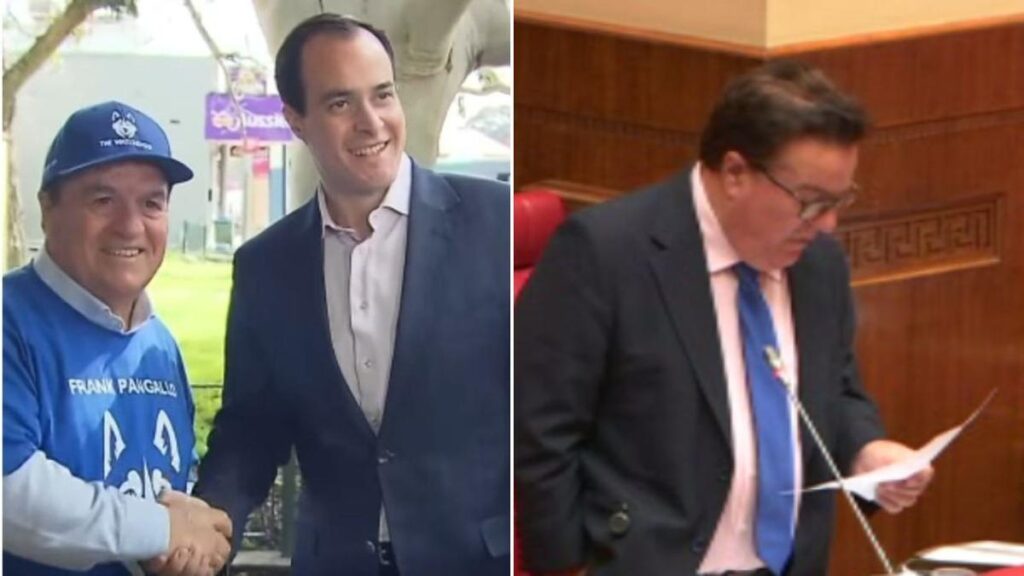
A South Australian politician is facing significant criticism after admitting to using artificial intelligence to generate academic references submitted during a parliamentary inquiry. Frank Pangallo, a member of the Liberal upper house, relied on AI-generated material to support his claims linking desalination plants to harmful algae blooms amid the state’s ongoing algae crisis.
During a recent session of the Budget and Finance Committee, Pangallo presented information that turned out to be inaccurate. Some references he cited did not exist, raising questions about the integrity of his submissions. When approached by 7NEWS, Pangallo described the situation as an “administration error,” stating, “It was a minor mistake. Everyone makes mistakes.” He further asserted that his error had not misled the parliament or cost taxpayers any money.
Following his remarks, Labor Minister Tom Koutsantonis issued a stern rebuke. “He misled parliament — and that is unforgivable,” Koutsantonis said, emphasizing the gravity of the situation. Pangallo, in an effort to clarify, claimed he had since provided the correct academic papers to the committee members.
Among the sources Pangallo mentioned was a study by marine biologist Mindy Richlen, which did exist but focused on a 2008–2009 red tide in the Arabian Gulf. The study warned about the environmental impacts of algae on desalination infrastructure but did not establish a causal link between desalination plants and algal blooms. In fact, it suggested that cargo ships might be a contributing factor.
Another paper Pangallo referenced, which he claimed examined the effects of desalination on plankton in the Red Sea, was misattributed to a study concerning plastic pollution in Canadian fish. Additionally, a third study he cited, allegedly authored by researcher Al-Sofyani, also related to a different topic altogether, focusing on nanofiltration in desalination plants.
The only somewhat accurately cited report was by Paul van Ruth from the South Australian Research and Development Institute (SARDI) in 2010. However, this study did not draw a definitive connection between the Port Stanvac desalination plant and the occurrence of algae blooms, instead noting that further research was required. It did confirm, though, that brine discharge could increase salinity in local waters.
Calls for Pangallo to resign from his parliamentary committee role are growing. Vincent Tarzia, leader of the South Australian Liberal Party, acknowledged the mistake but suggested that Pangallo needed to conduct more thorough research. “We expect better of him,” Tarzia stated.
Scientific analysis has since debunked Pangallo’s theory linking desalination to the recent algae bloom of karenia mikimotoi. Experts indicate that the bloom, which has affected beaches from Goolwa to the Yorke Peninsula, is primarily the result of three significant weather events, including a marine heatwave. The Department for Environment and Water (DEW) in South Australia explained that the combination of river floods, a cold water upwelling, and elevated water temperatures created conditions conducive to algal proliferation.
Since the initial detection of the toxic algae in March 2023, health warnings have been issued to surfers, as the algae has spread across approximately 4,500 square kilometers of coastline. The blooms have led to the deaths of thousands of fish and other marine organisms, with reports of decaying carcasses washing ashore becoming increasingly common.
As the inquiry into the algae crisis continues, the ramifications of Pangallo’s actions raise broader concerns about the reliability of information used in legislative discussions and the importance of transparency in political discourse.







